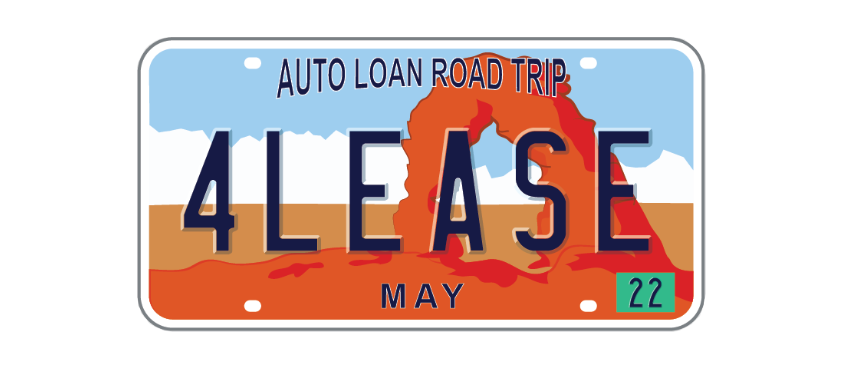 Leasing a vehicle has some attractive advantages when compared to buying. But is it the right choice for you?
Leasing a vehicle has some attractive advantages when compared to buying. But is it the right choice for you?
Let's start by going over what a lease is. Leasing a car essentially means you’re renting it for a certain amount of time, commonly 36-48 months. The owner of the vehicle being leased is known as the “lessor” while the person leasing it is called the “lessee." In this article, we'll assume the lessor is a dealership.
A lease comes with multiple pros and cons, so be sure to do your homework before making a decision. Here are a few of each to help you get started.
Pros of Leasing
- Lower Monthly Payments
It’s common for monthly payments to be lower when you lease a car instead of buying it. Now, this isn’t always the case, so talk to the dealer to see what the payments would be in both cases. If you find that leasing is cheaper, you can either keep the savings for yourself or use them to "upgrade" and lease a more expensive car than you originally planned.
- No Resale Worries
Don’t want the hassle of selling your used car? By leasing, you can simply return the vehicle to the dealership when the contract is up. No need to haggle with dealers or prospective buyers on a trade-in value or a purchase price.
- Getting the Latest & Greatest
By continually leasing your vehicles, every few years you’ll get a car with not only the newest bells and whistles but also updated safety features.
- Vehicle Maintenance Perks
As a lessee, you can enjoy a car during its most trouble-free years. If something does go wrong, you’ll have peace of mind knowing you’re covered by the manufacturer’s warranty for all or most of the time the car is in your possession. Some dealers may even include routine maintenance coverage in their lease agreements, such as oil changes.
Cons of Leasing
- Long-Term Costs
Though a lease can give you lower monthly payments, it might actually be cheaper in the long run to buy your vehicle. Getting a lease can put you into a cycle of leasing yet another car every time your previous contract expires. This means making continual monthly payments without ever building any equity in your vehicles. To get the most value out of a car, consider purchasing it and keeping it for as long as you feasibly can.
- Limited Mileage
Think twice before taking your vehicle on any long road trips. Most leases come with annual mileage limitations of between 10,000 and 15,000 miles. The dealership may ask what your yearly mileage is typically like so they can see which allotment is best for you. If you exceed the determined limit, be prepared to pay for the extra miles when the lease ends.
- Sticky Contracts
Want to end your lease early? Don't be surprised if you're charged a pretty penny for canceling the contract prematurely. Check the lease papers to see what fees and other costs are associated with early termination. Also ask the dealership if transferring your lease to another driver is allowed, as it could help you save money.
- Wear, Tear, and Customization Limits
Be sure to take extra good care of your leased car. Dealers understand that vehicles undergo normal wear and tear, but it could end up costing you if there's an irregular amount of wear, damage, or neglect. The goal is to keep the car as close to its original state as possible until it's returned to the dealership. It’s also common for a lease agreement to restrict what kind of customizations you can make to the vehicle.



